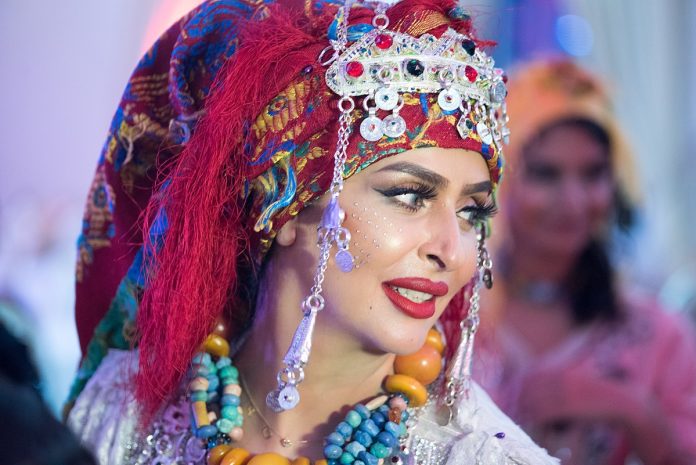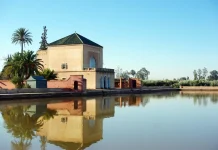Yennayer is the New Year’s Day of the agrarian calendar used since antiquity by the Berbers throughout North Africa. They have fun it from January 12 to 14 of every year, as the beginning of the Julian calendar. It is shifted of 13 days in comparison with the Gregorian calendar, and starts on the 14th of every year. Probably consequently of an error of the primary cultural associations that advocated the return to this traditional holiday threatened with extinction, the opinion that the normal date is January 12 is widespread, although the precise date is January 14.
In some regions, They precede Yennayer with IMENSI N YENNAYER “Yennayer’s dinner” on the eve of the Amazigh New Year. The participants meet and wait, through different events, for the approaching of the brand new yr. In France, the inventory of intangible cultural heritage registered Yennayer since 2020.
Yennayer corresponds to the primary day of the agrarian calendar utilized by the Berbers for several centuries. Yennayer also refers back to the starting of the Julian calendar, adopted in ancient Rome.
The Berber Academy based its decision on the proven fact that the Berbers used to have fun Yennayer every yr, to declare it because the “Amazigh New Year”. It is Ammar Negadi who recommend a Berber calendar, in 1980, based on a major event within the history of the Amazigh people, an indisputable historical fact to make it the zero point of the calendar. His alternative fell on the yr 950 B.C. which corresponds to the date when the Berber king Sheshonq I used to be enthroned Pharaoh of Egypt and founded the XXIInd dynasty which ruled Egypt until the yr 715 B.C. This Berber king had succeeded in unifying Egypt after which invaded the Kingdom of Israel. It is claimed that he seized the treasures of Solomon’s temple in Jerusalem in 926 BC. The Bible mentioned King Sheshonq under the name of Sesaq and Shishaq in ancient Hebrew.
Yennayer consists of two Berber words: yan, meaning “the primary”, and ayyur meaning “month”. “yennayer” the primary month, others consider that Yennayer is the Berber pronunciation of January.
A well-liked Berber etymology could be “the words of the moon” or “the word of the sky”.
Escape the ordinary and discover the extraordinary! From bustling cities to serene landscapes, every journey begins with a single step—let us guide yours. Enjoy curated itineraries, hidden gems, and hassle-free bookings designed for explorers at heart. Whether it's a weekend getaway or a globe-trotting adventure, your Next unforgettable experience is just a click away.










